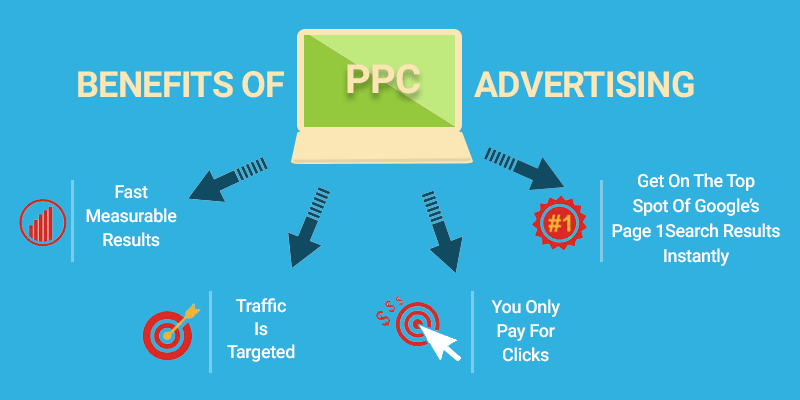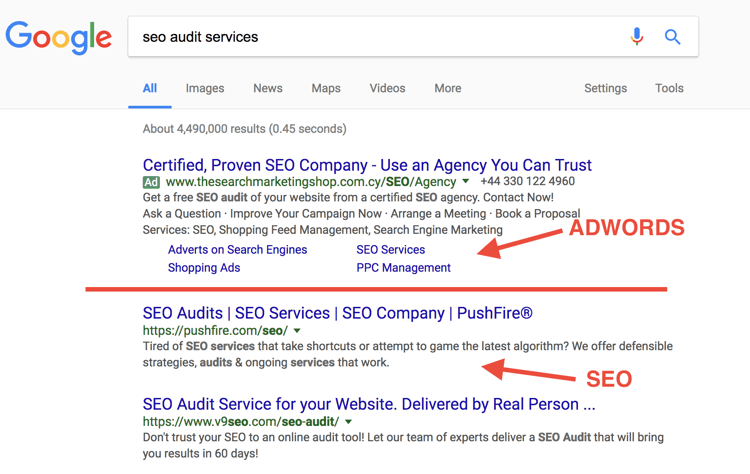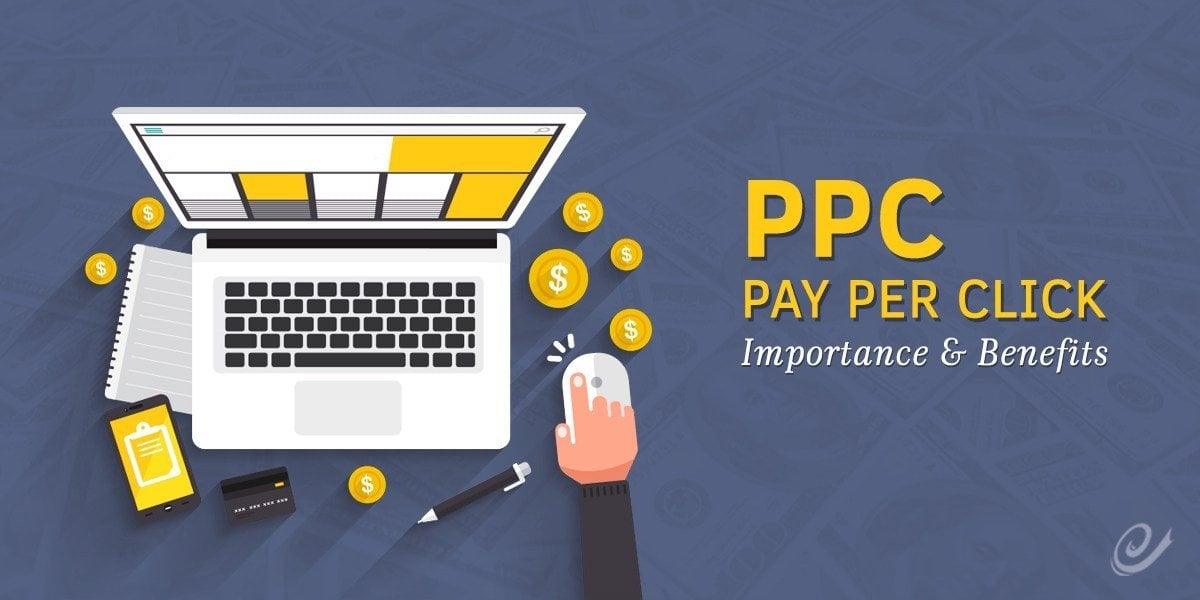How to Calculate PPC?
Although there are lots of metrics to calculate PPC cost, there is one that works perfectly. Return of Ad Spend(ROAS): ROAS just PPC revenue minus PPC cost. Moreover, it's usually shown as a percentage result. For example, if your sales from PPC are $1,000, and you paid $500 for PPC click costs, your ROAS would be 100 percent:
($1000 profit – $500 cost = $500) / $500 cost = 1.0 = 100%
The ROAS calculation's appeal is in its simplicity. Often, executives can do the calculation in their brains, making optimization on the fly simple to conduct.
Benefits of PPC Ads

Boots your web traffic: Pay-per-click advertising (PPC) can be a cost-effective way of increasing traffic to your website. Having your paid advertisement appear on the first page of search engine results increases your chances of being seen and making users take desired action.
Quick Results: It is fast meaning that you will see the result of your PPC actions almost immediately.
Checking for the Right Keyword: It is targetable. You can test your keyword to find out which one is suitable for your website and business.
You Only Pay for Clicks: Generate revenue while being able to control costs. So, you only pay when someone clicks on your ad.
You Can Control the Costs: You can work with your budget. You have absolute control over how much you want to spend. Also you can constantly change your ad budget within your limits.
Difference Between PPC and SEO?
Pay-Per-Click (PPC) and Search Engine Optimization (SEO) are both advertising strategies of Search Engine Marketing (SEM).
The primary distinction between PPC and SEO is that PPC includes charging for supported advertising to show outcomes on a search engine page while SEO includes optimizing a website to organically activate a booking on the results page of a search engine.
You have to put extra work to increase your list rank when using SEO in your meta description keywords and the content should be relevant. That creates what is called organic web traffic. It is slow, sturdy but makes a significant difference within months.

On the other hand PPC is literally paid ads. The name is pay-per-click, so you pay for your traffic and it takes place on top of Organic traffic. It is a bird-eye view for your ad campaign to see results faster and more clearly. Some market analysts believe that having a site return in organic results can influence your perceived credibility with a targeted audience.
Pay per Click Ad (PPC) Related Articles
How Can Email Marketing Fuel Your Overall Inbound Strategy?
How Much Does Lead Generation Cost?
Content Promotion Strategies / How to Drive Traffic to Your Blog (26 TIPS)
How To Increase Sales With 17 Proven Methods via Digital Marketing





